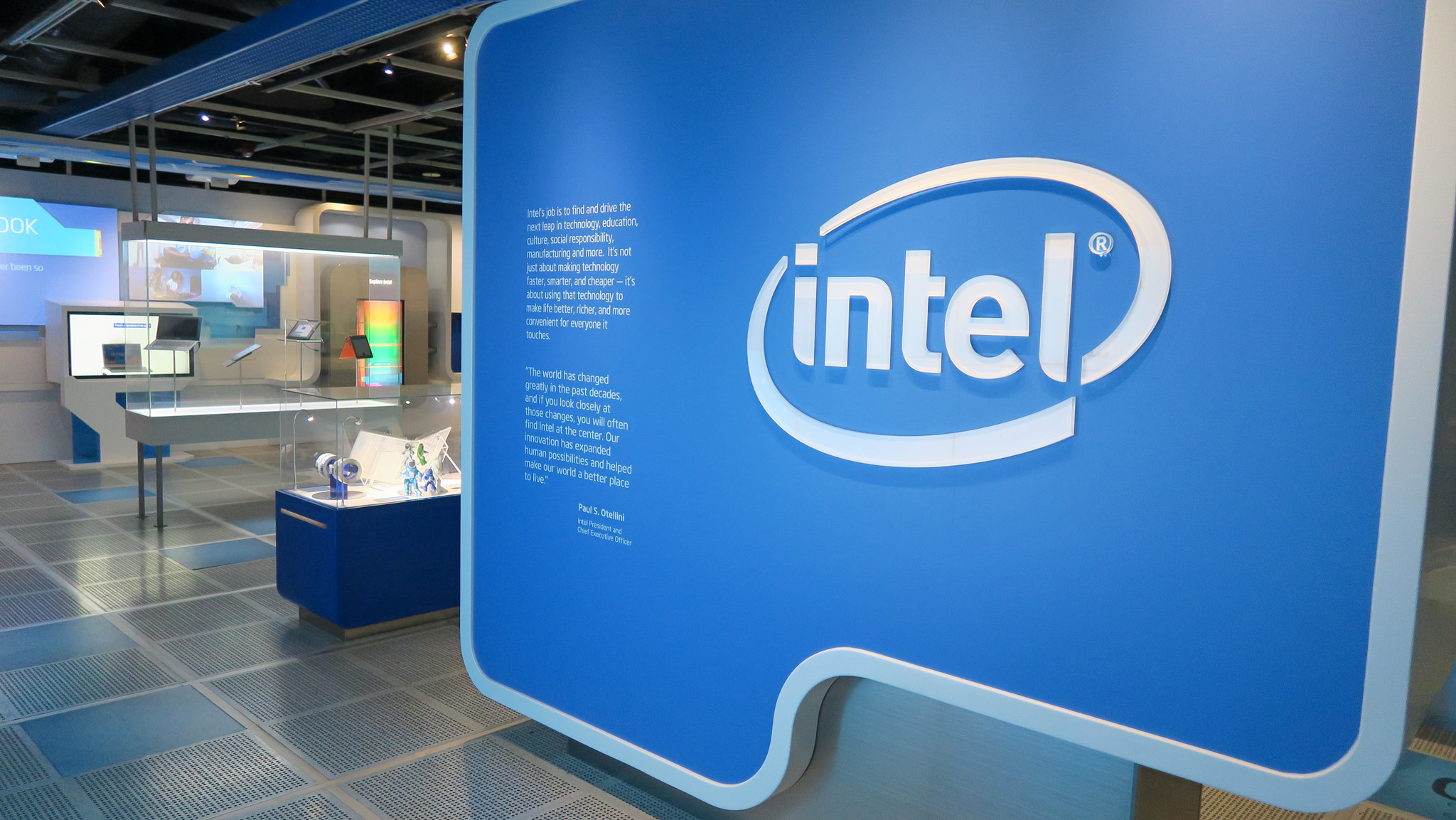 AI
AI
 AI
AI
 AI
AI
Intel Corp. is getting its checkbook out as it looks to hedge its bets on a wave of early-stage startups doing some interesting things in artificial intelligence, communications, healthcare and manufacturing.
The giant chipmaker is investing in no less than 14 disruptive tech startups via Intel Capital, its funding arm. The investments, announced at the Intel Capital Global Summit today, extend the company’s strategy of taking “strategic positions” in promising startups that sees it invest anywhere between $300 million to $500 million a year.
Today’s chunk of funding amounts to $117 million, and the beneficiaries include four companies making waves in the AI space. They include Cloudpick Ltd., a Shanghai-based provider of “smart retail” technologies that has built proprietary algorithms for computer vision, deep learning, sensor fusion and edge computing to facilitate a “grab-and-go” shopping experience.
SambaNova Systems, based in Silicon Valley, builds systems for running AI applications anywhere, from the data center to the network edge. Meanwhile, Toronto-based Untether AI is said to be building a groundbreaking new microchip architecture specifically for neural net inference workloads that can move data up to 1,000 times faster than regular chips can do.
The last AI startup is Zhuhai EEasy Technology Co. Ltd., another Chinese firm that’s building a system-on-a-chip for tasks such as AI acceleration, image and graphics processing, and video encoding and decoding.
Intel Capital has also picked out four more startups in communications as recipients of its largesse. They include Mighty Networks, which sells experience, connections and expertise to digital “creators with a purpose,” and a company called Pixeom, which offers an edge computing platform that recreates and orchestrates cloud functionality for on-premises systems. Tibit Communications specializes in enhancing broadband connectivity, while U.K. company Polystream is building software-defined imaging tech to accelerate streaming of interactive graphics content.
In healthcare, Intel is backing Medical Informatics Corp. which focuses on monitoring and data analytics. The company offers a “Sickbay” platform that can aggregate and monitor data from various medical devices and better inform doctors of the condition of their patients. The other healthcare firm Intel is backing is called Reveal Biosciences Inc., which uses deep learning to accelerate medical research.
Finally in manufacturing, Intel has backed four more startups focused on boosting efficiencies in the sector. Landing AI sells a range of software-as-a-service systems and corporate transformation programs to help manufacturing and agriculture tech firms turn themselves into AI companies. Then there’s OnScale, which has built scalable engineering simulation software for testing new technologies in the “internet of things,” 5G, autonomous vehicle and biomedicine markets.
Israeli firm proteanTecs is developing what it calls “Universal Chip Telemetry” that’s designed to improve the performance and reliability of electronics systems. Finally, Intel is backing Qolibri Inc., which is building software to increase efficiencies in semiconductor fabrication plants where computer chips are manufactured.
“These companies are shifting the way we think about artificial intelligence, communications, manufacturing and health care – areas that will become increasingly essential in coming years as the linchpins of a smarter, more connected society,” said Wendell Brooks, a senior vice president at Intel and president of Intel Capital.
Support our mission to keep content open and free by engaging with theCUBE community. Join theCUBE’s Alumni Trust Network, where technology leaders connect, share intelligence and create opportunities.
Founded by tech visionaries John Furrier and Dave Vellante, SiliconANGLE Media has built a dynamic ecosystem of industry-leading digital media brands that reach 15+ million elite tech professionals. Our new proprietary theCUBE AI Video Cloud is breaking ground in audience interaction, leveraging theCUBEai.com neural network to help technology companies make data-driven decisions and stay at the forefront of industry conversations.